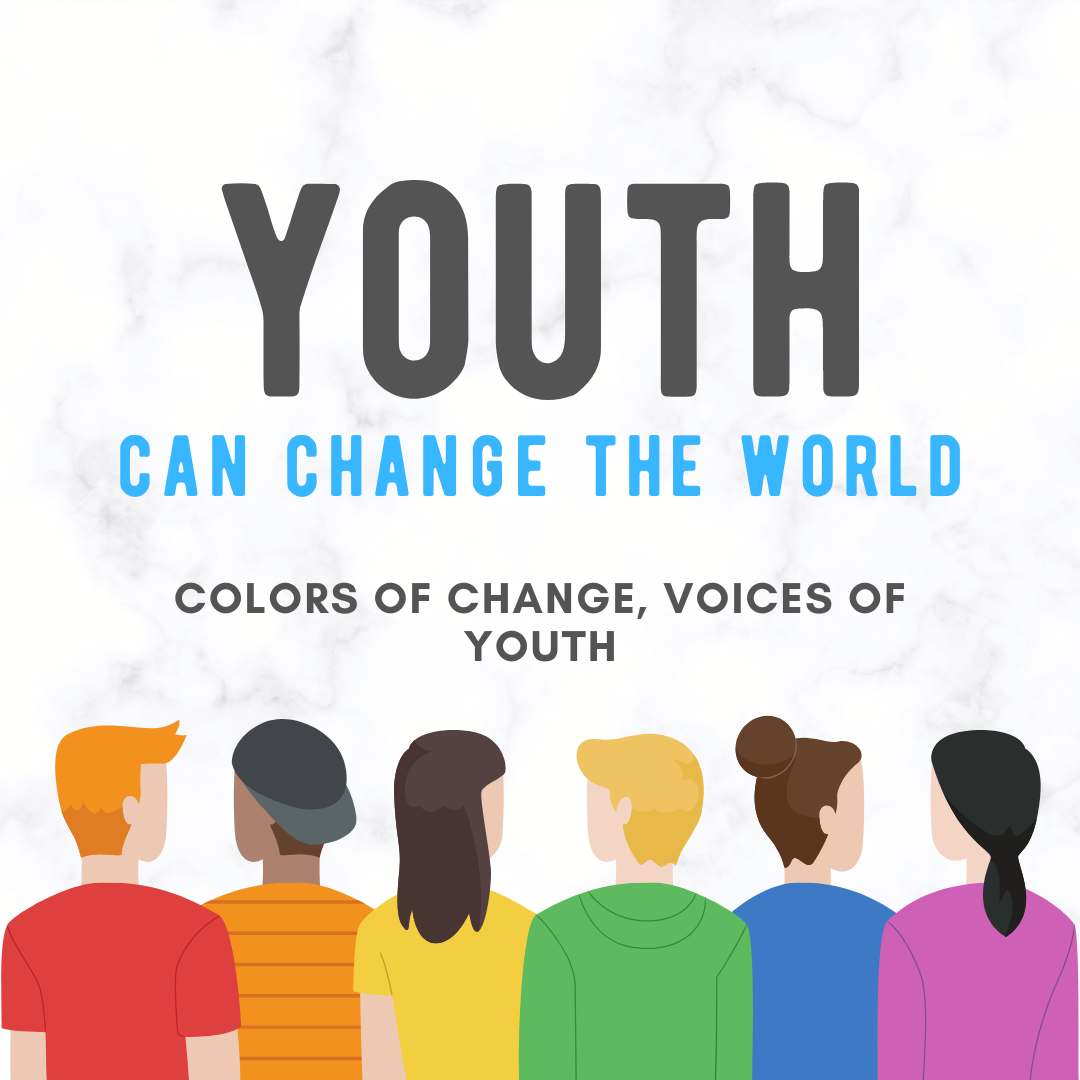Tags:


The arts have long been recognized as a powerful tool for youth empowerment and social development. Arts-based programs provide young people with opportunities to develop their creativity, problem-solving skills, and self-expression. These programs also foster relationships, community connections, and help youth find their voice. This blog will delve deeper into the transformative effects of arts-based programs, providing evidence from research studies and highlighting the various ways in which these programs empower young individuals.
Arts education plays a significant role in shaping the lives of young people. A study conducted by the National Endowment for the Arts revealed that children who participate in arts education are more likely to graduate from high school, attend college, and achieve higher earnings as adults (National Endowment for the Arts, 2017). This finding underscores the importance of integrating arts into educational curricula and highlighting the long-term benefits it offers to individuals.
In addition to educational benefits, arts-based programs can also provide therapeutic support to young people who have experienced trauma. Research conducted by the University of California, San Francisco demonstrated that arts-based therapy can help individuals, particularly youth, who have undergone traumatic experiences (Drewes, 2009). Such programs provide a safe and expressive outlet for individuals to process their emotions and heal through creative means.
Arts-based programs empower youth in several ways, creating a positive impact on their personal and social development:
Developing Creativity: By encouraging young people to think outside the box and express themselves in innovative ways, arts programs nurture and enhance their creative abilities. This skill is invaluable in today’s rapidly evolving economy, which requires individuals who can approach challenges with fresh perspectives.
Enhancing Problem-Solving Skills: Arts education fosters creative problem-solving skills in young individuals. Through artistic endeavors, young people learn to analyze problems from different angles and develop innovative solutions. These skills can translate into success in various aspects of life, including academic, professional, and personal domains.
Building Relationships: Arts-based programs provide a supportive environment for young people to connect with their peers and mentors. These programs encourage collaboration, teamwork, and communication skills, enabling youth to build lasting relationships that can support them throughout their lives. Such connections contribute to their social development and emotional well-being.
Connecting with the Community: Arts programs offer opportunities for young individuals to engage with their communities. Through exhibitions, performances, and community projects, young people can showcase their artistic talents and establish a sense of belonging. This engagement fosters civic responsibility and encourages young individuals to become active contributors to their communities.
Finding Voice and Self-Expression: The arts empower young people to find their voice and express themselves authentically. Whether through visual arts, music, dance, or theater, these programs allow youth to communicate their thoughts, emotions, and experiences. This process enhances their self-confidence, self-esteem, and overall sense of identity.
To support the arts and empower young people, there are various actions individuals can take:
Volunteer: Volunteering at arts organizations provides an opportunity to give back to the community and make a difference in the lives of young people. By offering your time and expertise, you can contribute to the success of arts programs and directly impact the empowerment of youth.
Donate: Financial contributions to arts organizations ensure the sustainability and accessibility of arts-based programs for young individuals. Donations can help provide resources, scholarships, and opportunities that may otherwise be out of reach for many young people.
Attend Arts Events: Attending arts events, such as exhibitions, performances, or workshops, demonstrates support for the arts and encourages the growth of artistic communities. This participation helps create a vibrant environment that nurtures youth empowerment through the arts.
Advocate for the Arts: Engaging with elected officials and policymakers to advocate for arts education and funding is crucial in promoting youth empowerment. By highlighting the benefits of arts-based programs and their positive impact on young individuals, we can influence policy decisions and secure resources for these initiatives.
The power of arts and creativity in youth empowerment and social development cannot be overstated. Through arts-based programs, young people can develop creativity, problem-solving skills, build relationships, connect with their communities, and find their voice. By volunteering, donating, attending arts events, and advocating for the arts, individuals can actively contribute to the empowerment of youth. It is essential that we recognize and support the transformative potential of the arts, ensuring that young people have the opportunity to reach their full potential and make a positive impact on society.
Drewes, A. A. (2009). Using art therapy with traumatized children and adolescents. Guilford Press.
National Endowment for the Arts. (2017). Arts education in America: 2017. National Endowment for the Arts.
Babcock, B. A., & Marks, M. B. (2015). The impact of arts education on academic achievement: A meta-analysis. Review of Educational Research, 85(2), 295-336.
Burns, S. M., & Griffin, M. (2010). Arts education, social-emotional development, and academic achievement. Arts Education Policy Review, 111(4), 23-29.
Catterall, J. S., Chapleau, R., & Iwanaga, J. (2012). The arts and achievement in at-risk youth: Findings from the Arts in Action study. The Journal of Educational Research, 105(5), 315-329.
Dewey, J. (1934). Art as experience. New York: Minton, Balch & Company.
Eisner, E. W. (2002). The arts and the creation of mind. New York: Yale University Press.
Garner, H. (1994). The expressive arts in education: Towards a theory of aesthetic learning. New York: Praeger.
Tharushi Imasha Kumarasiri
Jul 26, 2023
0